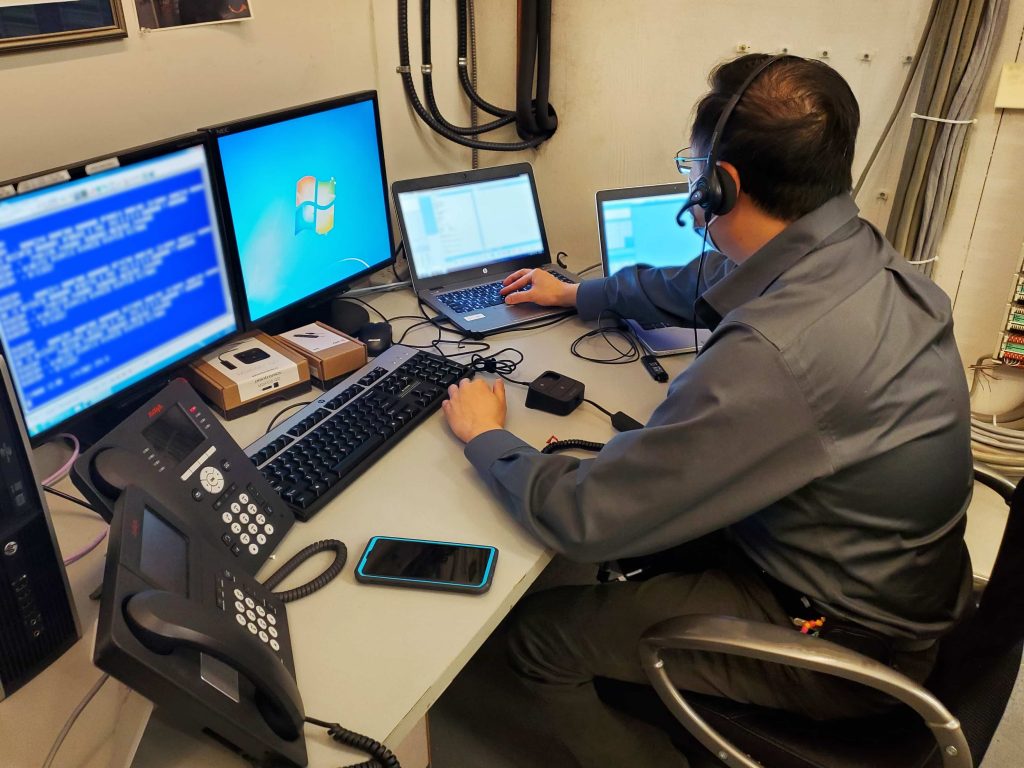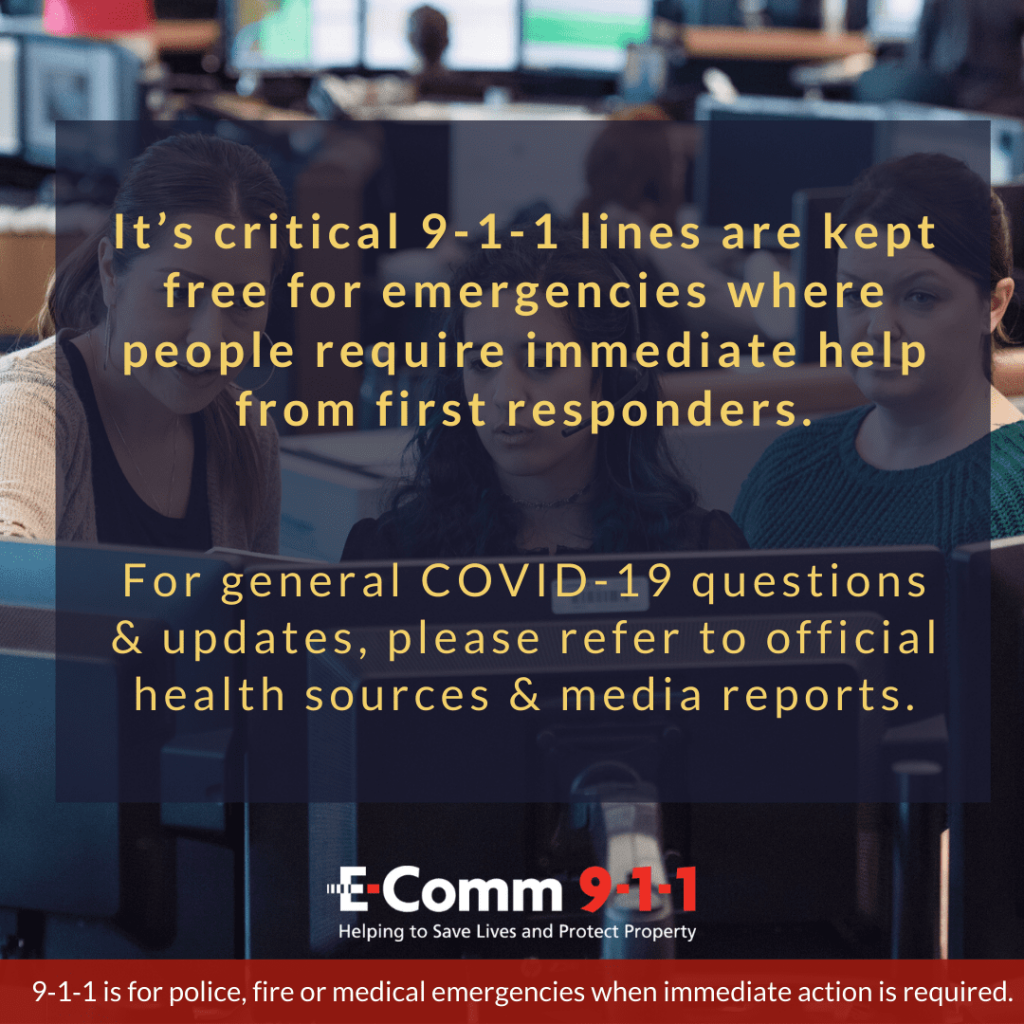With 36 per cent of police non-emergency calls needing to be redirected, new E-Comm campaign urges people to ‘make the right call.’
Vancouver, B.C.—Extraordinarily high demand for emergency services has led to longer wait times on police non-emergency lines answered by E-Comm, as call takers prioritize a record-breaking number of 9-1-1 calls from people in life or death situations.
A number of major incidents across the province, from gang-related shootings and the ongoing opioid crisis, to the historic heatwave that swept across British Columbia and the earlier-than-normal wildfire season, have resulted in increasing 9-1-1 call volumes. Now, with the province nearing the end of COVID-19 restrictions, E-Comm, the emergency communications centre responsible for answering 99 per cent of B.C.’s 9-1-1 calls, anticipates continued challenges with long wait times on police non-emergency lines.
“Heading into the busier summer months, we always expected to see increased call volumes,” says Oliver Grüter-Andrew, President and CEO of E-Comm. “But the current strain on emergency services, including 9-1-1, is extraordinary. This record-breaking demand has led to increased wait times on police non-emergency lines, as E-Comm call takers must prioritize answering life or death emergencies coming through on 9-1-1.”
E-Comm has been struggling with increasing demand and longer wait times on police non-emergency lines for the past few years, but the problem has been greatly exacerbated by higher call volumes on 9-1-1 and ongoing staffing challenges. Adding to current issues with wait times, E-Comm is reporting that up to 36 per cent of police non-emergency calls do not belong on these lines and must be redirected to other more appropriate resources. This is a huge drain on police dispatch services and takes up valuable call taker time that could otherwise be spent on helping people needing to report actual non-urgent police matters.
“For many of the calls we receive on non-emergency numbers, a police call taker is not the right person to action the caller’s concern. Knowing when to call 9-1-1, when to call the non-emergency line to report a non-urgent police matter or when to call elsewhere doesn’t just free up these critical resources – it also means callers can get the help they need faster,” explains Grüter-Andrew.
Of the 36 per cent of calls that cannot be handled on police non-emergency lines, some of the most common redirects are:
- Local police agency
Visit your local police agency’s website for information about finger printing services, criminal record checks or requests for copies of police reports.
- Canadian Anti-Fraud Centre
Call 1-888-495-8501 or report fraud online if you have experienced fraud or a fraud attempt but did not lose any money.
- ICBC
Call 1-800-910-4222 or make a claims report online if you were involved in a motor vehicle incident where there are no injuries or imminent threat to public safety and all vehicles are drivable.
- Local civic services
Visit local municipal websites for all questions or concerns related to city bylaws including dumped garbage, parking-related complaints or concerns about traffic lights.
- BC Residential Tenancy Branch
Call 1-800-665-8779 to ask questions about tenancy laws or to get help with landlord/tenant disputes or apply for dispute resolution online.
For those who aren’t sure if their call belongs on the police non-emergency line, E-Comm has a list of alternative resources and information on its website. Meanwhile, many non-emergency concerns can be reported online, at the caller’s convenience. Otherwise, calling on a weekday outside the hours of 7:00 a.m.—7:00 p.m. can help reduce the wait time to speak with a police non-emergency call taker. A full list of links to online crime reporting and non-emergency phone numbers is available at nonemergency.ca.
E-Comm appreciates the public’s support as it continues to navigate the busy summer months and wants to remind the public that everyone can do their part by keeping 9-1-1 lines free for police, fire and ambulance emergencies only.
-30-
Media Contact
Jasmine Bradley
604-215-6248
[email protected]
About E-Comm
E-Comm is the first point of contact for 9-1-1 callers in 25 regional districts in British Columbia and provides dispatch services for more than 70 police agencies and fire departments across the province.
E‐Comm also owns and operates the largest multi‐jurisdictional, tri‐service, wide‐area radio network in the province used by police, fire and ambulance personnel throughout Metro Vancouver and parts of the Fraser Valley.



